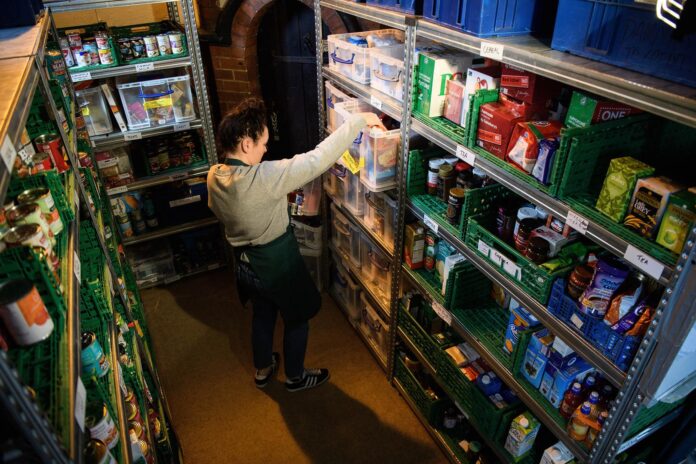A new report suggests that the Government is failing to ensure longer term interventions exist to help people move out of food insecurity.
The think tank Demos found that people feel the Government support provided during the pandemic was insufficient, including Universal Credit not going far enough. A survey of people vulnerable to food insecurity found that a large majority (74%) don’t feel the Government is doing very much to help.
The report is calling for the Government to introduce funding to help tackle food insecurity by creating environments that improve social capital for those on low incomes.
A Community Infrastructure Grant should be created to develop better social infrastructure locally, which is desperately needed to tackle food insecurity in the long-term says the think tank.
The research suggests that the quality of food from community groups was also much higher during the pandemic than what people on low-incomes would get in normal supermarkets or from government schemes. Respondents of direct government support often recalled being sent or receiving poor quality food that either simply wasn’t enough, lacked quality, or was unhealthy. This meant insufficient food was provided to some of the most vulnerable members of society during the pandemic without adequate oversight.
Rose Lasko-Skinner, Senior Researcher at Demos and co-author of The Power of Food, said:
“For most of us, food is about far more than calories and nutrition – our sense of self-worth, confidence and dignity are often deeply connected to our ability to access good food. Our social and family lives often revolve around what we eat too. Yet approaches that focus on direct food provision or raising income levels alone often fail to recognise the complex needs that people who are food insecure face, and have overlooked the potential for services to do both.
“It’s time that the Government takes a more holistic approach to tackle food insecurity in the long-term, including building social infrastructure and community relationships, to give vulnerable people the connections, access to good quality food, and dignity they deserve.”







